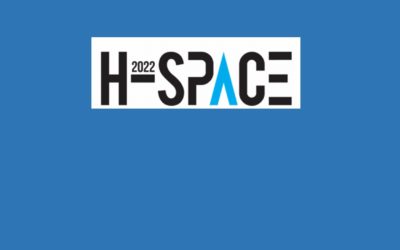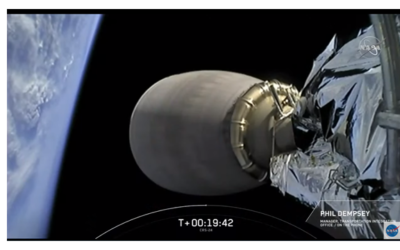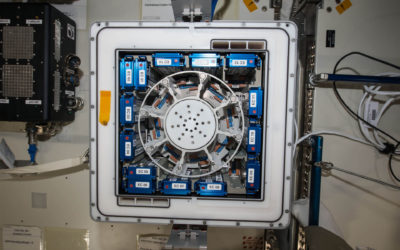Published May 7, 2021 on 24.hu
In the last few months, in addition to vaccine developments against the coronavirus, little has been heard of regarding what efforts have been made to develop new medicines for the treatment of already covid infected patients.
Regarding this, it is an important milestone that at the end of 2020, through the initiative of Hungarian researchers, research to develop one of the most efficient drugs of our time against coronavirus began simultaneously on Earth and in outer space. The subject of the research is the active substance known in Hungary as remdesivir, which is produced by Gilead Sciences as Veklury in the U.S. and is also used in clinics in Hungary for the treatment of more severe COVID patients. Veklury also contains a cyclodextrin derivative called SBECD, which is produced by CycloLab, a vital component of the product used worldwide.
Although remdesivir is one of the most standard treatments in anti-COVID therapy, its use is contraindicated for a significant number of patients with kidney, cardiovascular, and liver diseases due to the composition of the formulation. Attempts to extend the use of remdesivir in the world have been unsuccessful so far. With this in mind, the Hungarian company InnoStudio Inc., which is a leading international player in space chemistry, has, together with CycloLab Ltd., launched experiments in outer space to study whether formulation in a microgravity environment can help broaden the applicability of this drug.
Dr. Ferenc Darvas, President of InnoStudio and Dr. Gergo Mezohegyi, Head of the Company’s Space Chemistry Division, said: “In our research at the International Space Station, we used the space technology tools as that of the Japan Manned Space Systems Corporation and Belgian Space Applications Services. The samples were transported to the space station by the American SpaceX Dragon spacecraft and then returned to Earth after a month in space. Our results are encouraging in that we found we can make wider and more effective use of remdesivir and
there is a good chance that the results can be extended to other anti-COVID molecules.
The experiment and its interesting results were reported in April at the annual conference of the World’s Largest Chemical Association, the American Chemical Society, and also at the scientific event of the United Nations Office for Outer Space Affairs, at the request of the Hungarian Department of Space Research and Space Activities of the Ministry of Foreign Affairs and Trade.
The subject of the research has attracted the attention of the European Space Agency, in addition to a number of aerospace and pharmaceutical companies, as it was the first initiative to study anti-covid drug research in outer space. It is worth mentioning that the importance of private companies in space research and space technology is rapidly increasing. In the first quarter of 2021, USD 1.9 billion was invested in private space companies.
Original article: https://24.hu/tudomany/2021/05/07/koronavirus-covid-19-remdesivir-tesztek-nemzetkozi-urallomas/








